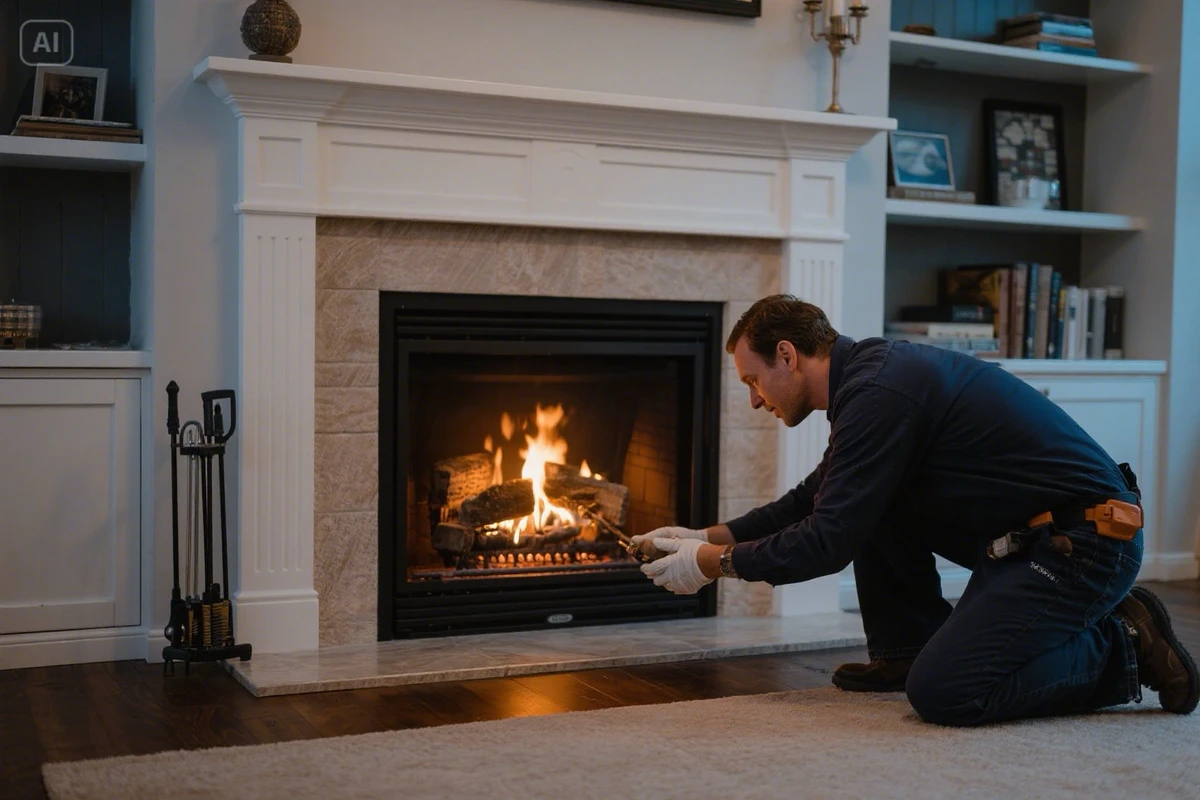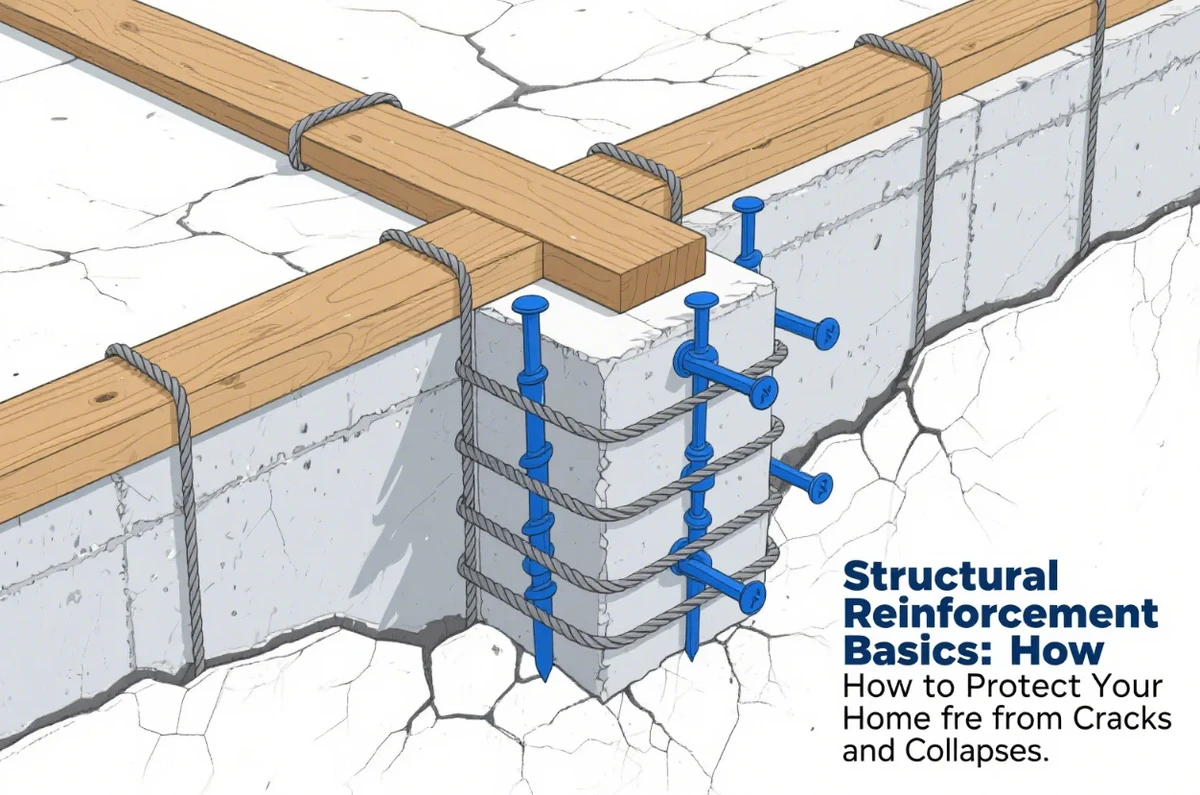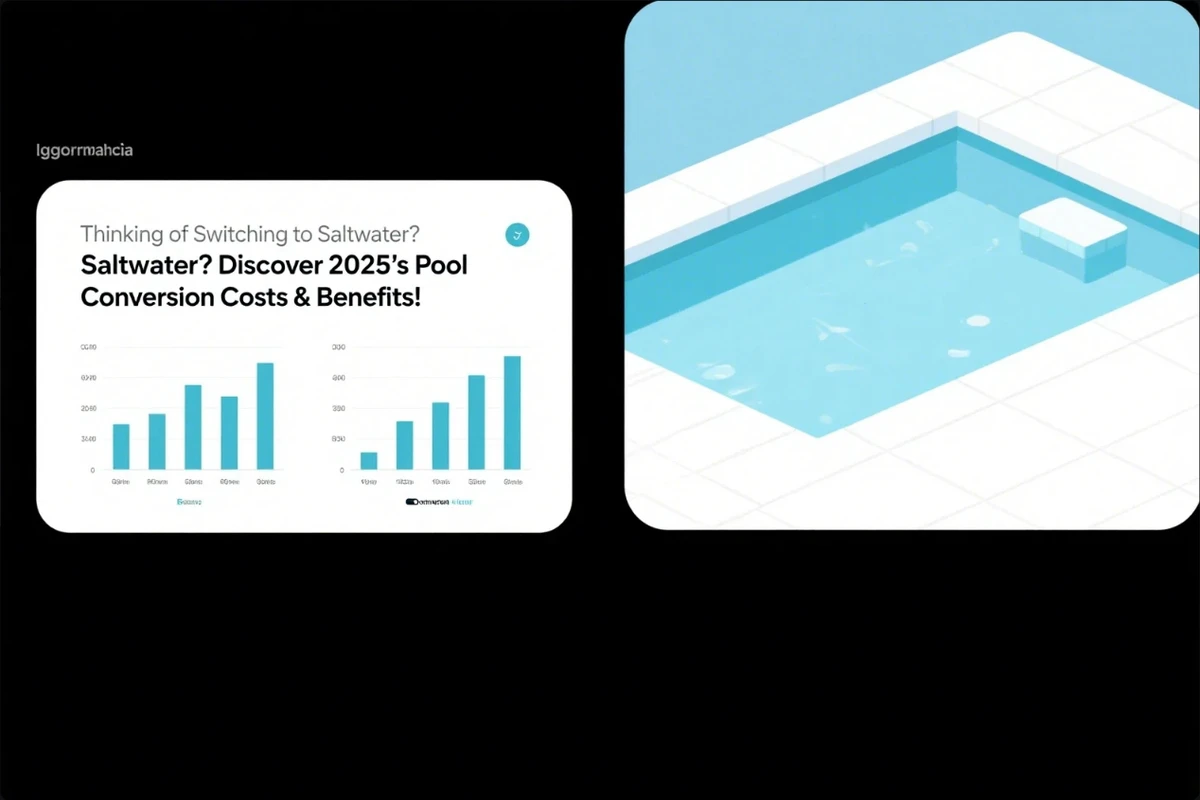A guide to converting your pool to saltwater and understanding the associated costs and advantages in 2025.
In 2025, more pool owners are considering converting their pools to saltwater systems due to the potential benefits they offer. Saltwater pools are often perceived as easier to maintain and gentler on the skin compared to traditional chlorine pools. The conversion process requires specific equipment, such as a saltwater chlorinator, and may include a few upgrades to the pool's filtration system. While the conversion may initially seem costly, the long-term maintenance costs of saltwater pools can be lower than chlorine pools. Homeowners enjoy the softer water feel, and many believe that saltwater systems help reduce eye and skin irritation. For those interested in making the switch, understanding the saltwater pool conversion cost in 2024 is crucial for budgeting purposes. Consulting with pool professionals will give you a clear estimate of the costs involved, which can vary depending on the size of the pool and the existing equipment.
One of the key considerations during a saltwater pool conversion is whether any additional repairs are needed for the pool's existing infrastructure. If your pool has a malfunctioning pump or outdated heater, it may be the perfect time to address those issues before converting. Pool pump repair can be done on the same day, and it is essential for ensuring that the system functions efficiently after the conversion. The saltwater system requires a reliable pump to circulate the water, and a broken or underperforming pump could lead to issues down the road. Additionally, pool heater installation contractors can help make the transition easier by ensuring that the heating system works efficiently with the new saltwater setup. Making these updates during the conversion process can save you from needing costly repairs in the future.
While converting to a saltwater pool can offer many advantages, one potential downside is the cost of replacing damaged or outdated pool tiles. Pool tile replacement experts can assess your existing tiles and recommend the best solutions to maintain the pool's aesthetic while ensuring longevity. Over time, tiles can wear down, especially in traditional chlorine pools, and may not hold up as well in saltwater pools. If you’re considering a saltwater pool conversion, replacing tiles with salt-resistant materials may be necessary. By addressing tile issues during the conversion process, you can ensure that your pool not only functions well but also looks great. The added benefit of a tile replacement is that it can make your pool more resistant to the corrosive effects of saltwater. Investing in quality tiles will enhance your pool’s durability and aesthetic appeal in the long run.
A green pool can quickly turn into a major issue, especially if left untreated for an extended period. Green pool cleanup emergency service can address this problem by thoroughly cleaning the pool and ensuring that the water is safe for swimming again. If you’re considering converting your pool to saltwater, it’s best to start with a clean pool to ensure that the conversion process goes smoothly. Green pools often result from poor water circulation, chemical imbalance, or neglected maintenance. Pool professionals will assess the situation, perform a deep cleaning, and balance the water chemistry. By taking care of any issues before the conversion, you ensure that your pool’s new saltwater system will function as intended without interference from algae or debris. Once cleaned, the pool will be ready for a fresh start with a new saltwater system.
When it comes to pool maintenance, saltwater systems are known for their ease of use compared to chlorine pools. Saltwater pools require less frequent maintenance in terms of chemical balancing, and the self-regulating nature of the system makes it convenient for homeowners. However, switching from a chlorine system to a saltwater system requires an initial investment in equipment and setup. The saltwater pool conversion cost for 2024 is typically higher upfront, but the savings on chemicals and maintenance can offset the cost in the long term. Many pool owners find that the reduced maintenance needs, along with the ability to control salt levels, make it a worthwhile investment. In addition to saving on chemicals, saltwater pools are gentler on pool equipment and materials. For families who want to minimize the hassle of maintaining a pool, the saltwater conversion may be an ideal solution.
An important factor to consider when thinking about a saltwater pool conversion is the overall environmental impact. Saltwater pools are often viewed as more eco-friendly because they use fewer harsh chemicals like chlorine, which can be harmful to the environment. By opting for a saltwater system, you may contribute to reducing the need for chemical treatments that can leach into the surrounding area. In addition, saltwater pools require fewer chemical purchases and produce less waste in the form of containers and packaging. Many pool owners also appreciate the reduced risk of harmful chemical exposure when using saltwater systems. If sustainability is important to you, switching to saltwater can be a positive step for both your pool and the environment. It’s essential to weigh the initial conversion cost against the long-term environmental and health benefits.
Another factor to keep in mind when considering a pool conversion is the installation of a reliable and effective pool heater. Pool heater installation contractors can help integrate a heater into the saltwater system, ensuring that your pool stays at the desired temperature year-round. Properly heated pools enhance the swimming experience, especially in colder climates or during the off-season. When installing a saltwater system, it’s essential to ensure that your heater is compatible with the new system to prevent potential issues. Contractors will assess your pool’s heating needs and recommend the most efficient heating system for your setup. With the right heater in place, you can enjoy the benefits of your saltwater pool throughout the year, regardless of the weather. Pool heating professionals ensure that your pool remains a comfortable place to swim, even during the cooler months.
Finally, whether you’re interested in a saltwater pool conversion or other upgrades, it’s essential to choose experienced professionals to handle the installation and maintenance. Pool professionals bring expertise and skill to ensure that the job is done correctly and efficiently. Choosing the right contractor is key to a successful conversion process that doesn’t lead to unnecessary repairs or complications later on. Look for a service provider with a solid track record and positive customer reviews to ensure that your pool’s conversion is handled with care. Contractors should also be able to explain the benefits of saltwater systems, helping you understand how they work and the cost savings involved. With the right support, you can enjoy the long-term benefits of a saltwater pool, all while minimizing the maintenance requirements and improving the overall quality of your swimming experience.






